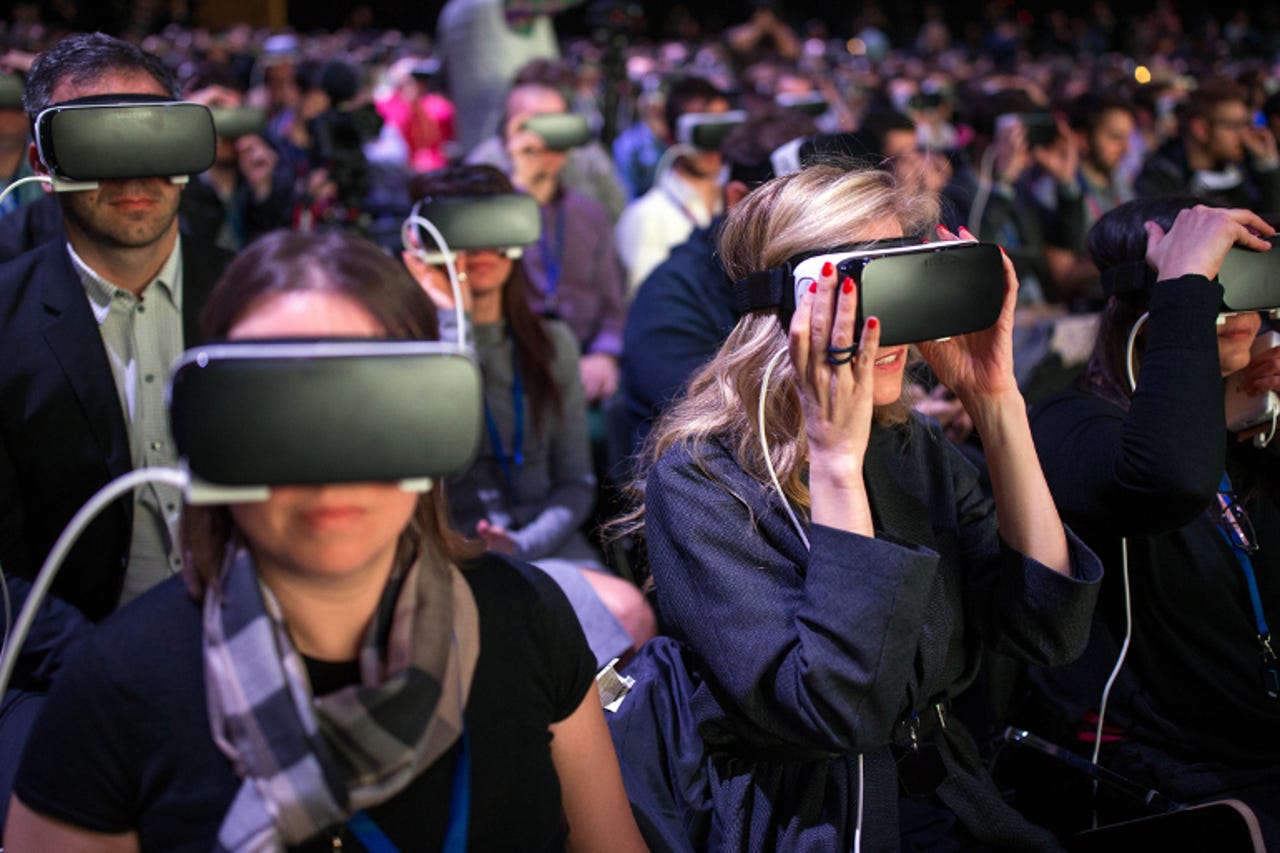Google wants to stop VR trolling before it begins, with some help from poker-playing dogs


How do we set rules for what players can do in VR?
Google's virtual reality team has detailed some of its efforts to encourage VR users to behave better towards each other while playing.
The researchers at Daydream Labs are working on techniques to nudge people towards "positive social experiences" when wearing their VR goggles.
People are curious and will try to test the limits of a VR experience -- like seeing what happens if they put their hand through another player's head or stand inside another avatar's body, say the developers.
But even without deliberate malicious intent, such behaviour "can make other people feel unsafe or uncomfortable," they warned. "As developers and designers, we are excited to build social experiences that are fun and easy to use -- but it's just as important to make it safe and comfortable for all involved."
Daydream Labs' developers gave an example of a shopping experiment they built for the HTC Vive, where two avatars could try on different hats, sunglasses and accessories. Some people stuck hats on friends anywhere they would stick -- like in front of their eyes.
"This had the unfortunate effect of blocking their vision. If they couldn't remove the hat in front of their eyes with their controllers, they had no other recourse than to take off their headset and end their VR experience."
"Everyone should feel safe and comfortable in VR. If we can anticipate the actions of others, then we may be able to discourage negative social behaviour before it starts," the developers added.
In another experiment, featuring dogs playing poker, the developers tried new ways to discourage trolling. If someone left their seat at the poker table, their view of the game drained away to black and white and their avatar disappeared from the other player's view.
"We found it's enough to prevent a player from approaching their opponents to steal chips or invade personal space," the researchers said.
Incentives encourage players to interact in positive ways. In another experiment, if avatars touched hands it triggered a snapping sound a firework, but if players did something else like punching an avatar's body, nothing would happen. "You can guess which behaviour people naturally preferred," said the researchers.
Read more on VR